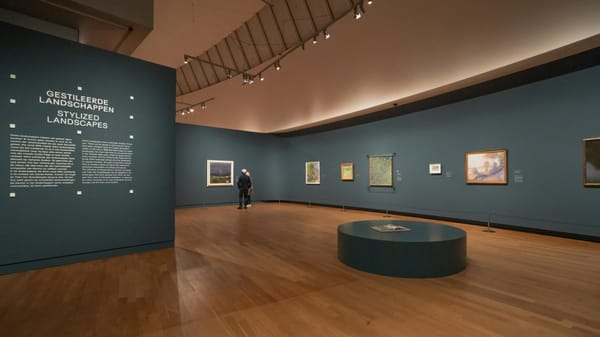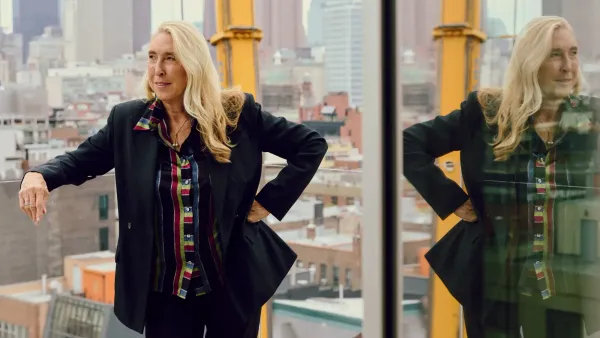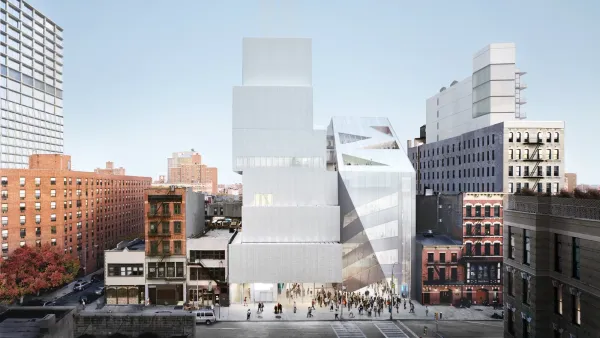Kim Sajet’s Milwaukee Move: Curiosity Over Combat
After a bruising Washington chapter, Kim Sajet arrives in Milwaukee saying museums should spark curiosity over crossfire—just as the Bradley Collection turns 50.

Milwaukee didn’t just hire a director. It banked on a different kind of museum politics—one where curiosity beats crossfire.
After a summer of presidential potshots, Kim Sajet lands on Lake Michigan with a clear line: museums should spark questions, not tribal victory laps. “E pluribus unum… out of many, one,” she told Wisconsin Public Radio, framing her tenure as a push for shared civic space over grievance theater.
She starts September 22 as the Milwaukee Art Museum’s Donald and Donna Baumgartner Director, just as the museum spotlights the Bradley Collection’s 50th anniversary—a legacy moment that demands a plan for what comes next.
Washington is her proving ground. Over twelve years at the Smithsonian’s National Portrait Gallery, attendance doubled and fundraising surpassed $85 million—fuel for new audiences and bolder storytelling. Those numbers trail her into Milwaukee and lift expectations across the Midwest.
The politics won’t vanish. Sajet stepped down in June after public attacks from Donald Trump, who labeled her “highly partisan”; the Smithsonian underscored that personnel decisions are made internally. Milwaukee becomes the reset: a city-sized test of whether museums can convene strangers without collapsing into algorithmic outrage.
Read Also:
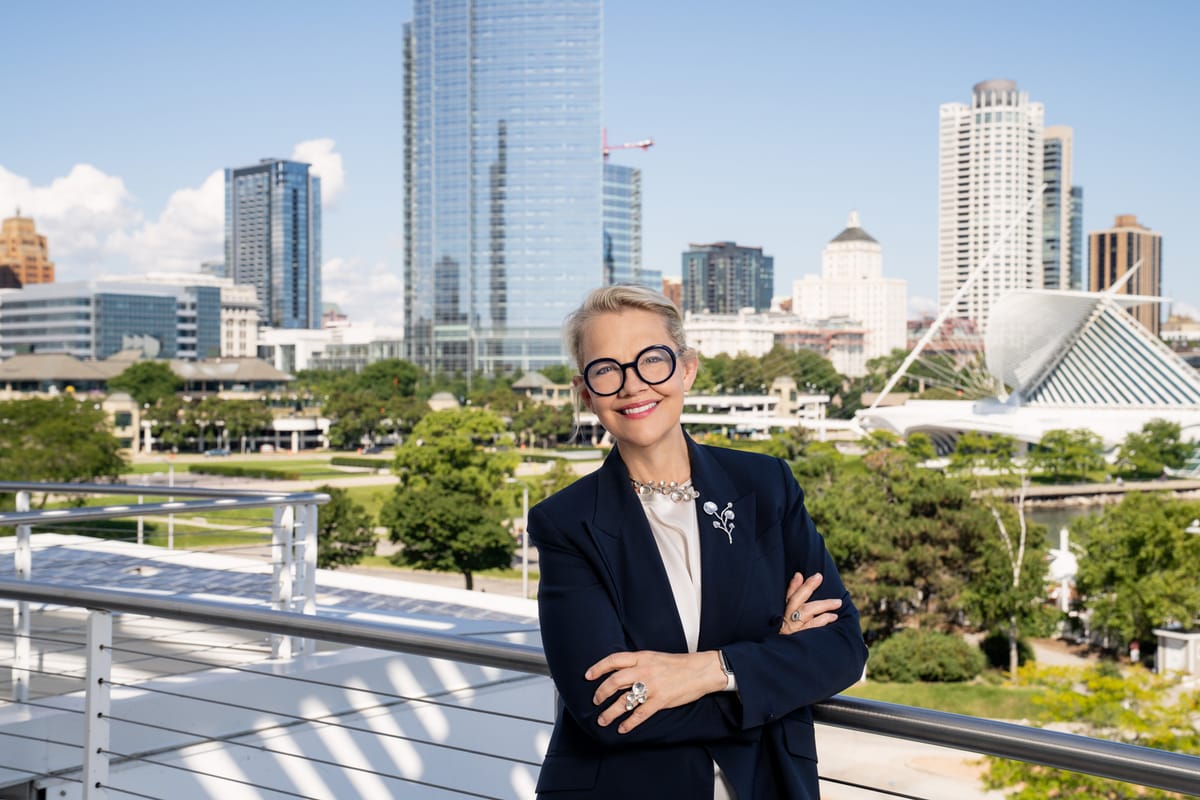
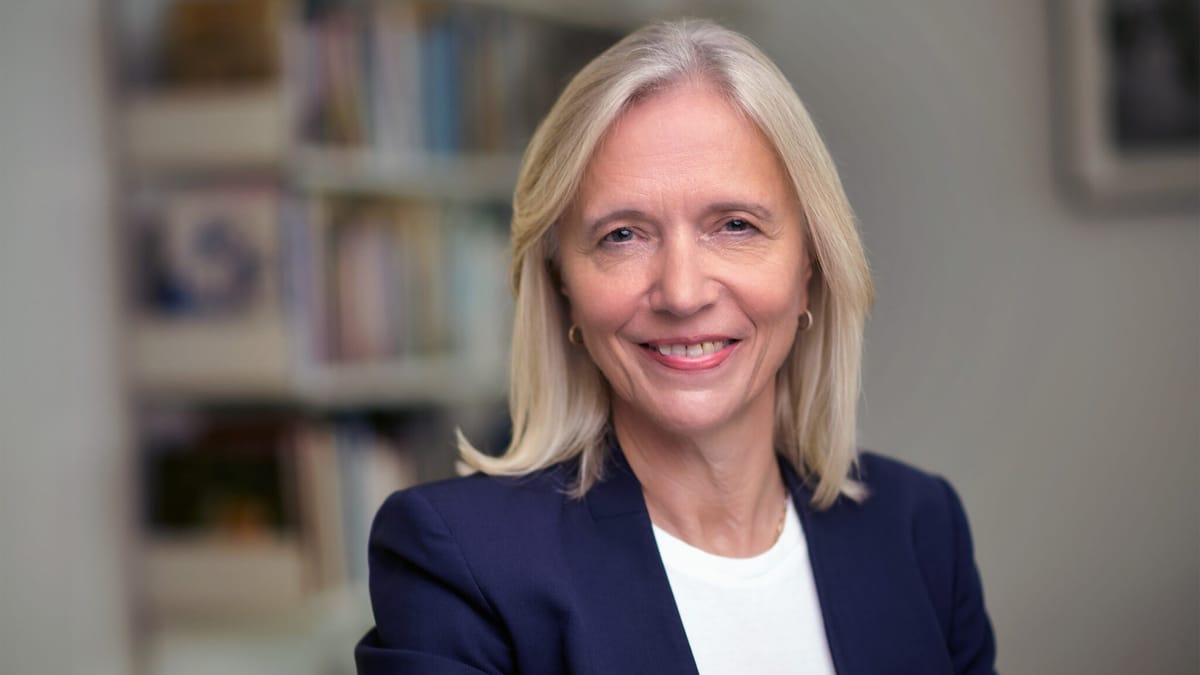
Her north star is plain. Museums, she says, are places where people think about the meaning of life. If she turns Calatrava’s photogenic wings from postcard to civic engine—more gathering than backdrop—Milwaukee changes its place on the map.
What to watch: how the Bradley Collection gets reframed for today, whether programs pull in real cross-town conversation, and if memberships climb as the galleries get louder—with ideas.
The lakefront is on notice. Milwaukee chose curiosity. Now it has to live it.
© ART Walkway 2025. All Rights Reserved.
Designed with care to sustain cultural dialogue.




